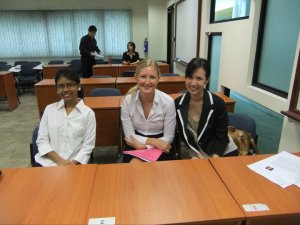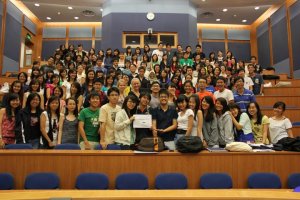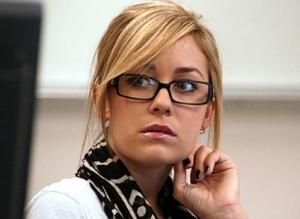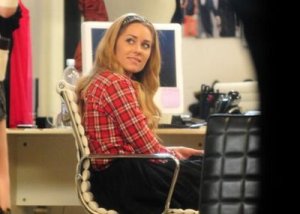Blog post #6 – Final reflection
I chose to attend ES2007S solely because I wanted to improve my English. Now I know that it gave me much MORE than that. To me ES2007S is more than simply a module offered at NUS. It is a module with a very talented tutor, Ms. Lim, who are able to engage all students, carry a wonderful mood, and make even editing of survey questions seem interesting. It is classmates from different backgrounds and with many valuable skills, ideas and thoughts that all contribute to a dynamic learning environment. It is activities that lightens up my day, and make me realise how important active listening is, how to be an active listener, how to be a convincing speaker, how to write a proper cover letter and much much much more.
During this semester, ES2007S has stimulated and provoked me to think more deeply about what communication is. About what culture is. About what values is. What my goals in life are. What my strengths are. What my weaknesses are. And I am still thinking – I always will be. Fortunately ES2007S, my tutor Ms. Lim and my great great classmates have given me a broader perspective and some insightful details about how they see these issues, and for this I am very grateful.
When I think back I hesitantly admit to my self that I was nervous both before and during our first tutorial in ES2007S, and maybe even during the second, third and fourth tutorials as well. I do this hesitantly, because I am not normally nervous about anything. When I read the detailed description of the content of the module, the assignments there would be and saw the many things on the schedule and combined that with going to a class where I knew no one and would be so different from anybody else – I became insecure. Oppositely, I don’t remember if I have ever been as secure about myself and felt so knowledgeable as I did after walking out of the classroom this Thursday after our final tutorial in ES2007S. I had such a great feeling after that class. Was it because I have learned so much? Was it because I now know most of the things I realized I didn’t know in the beginning of the semester? Was it because I sincerely appreciate to have come to know my enthusiastic, inspiring, positive, engaged, creative and intelligent classmates? Was it because of the process whereby I first realised how much I did not know about communication, business letters, Asian cultures, and 7 C’s, and now feel that I how learned so much about it? I think it a combination of all.
I feel lucky to have worked this close with so many students from different cultural backgrounds, and I really appreciate the big part you, my classmates and Ms. Lim, have played in the development of my communication skills and interpersonal skills this semester. Thank you.








